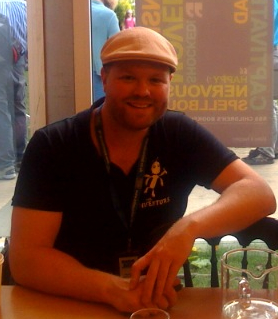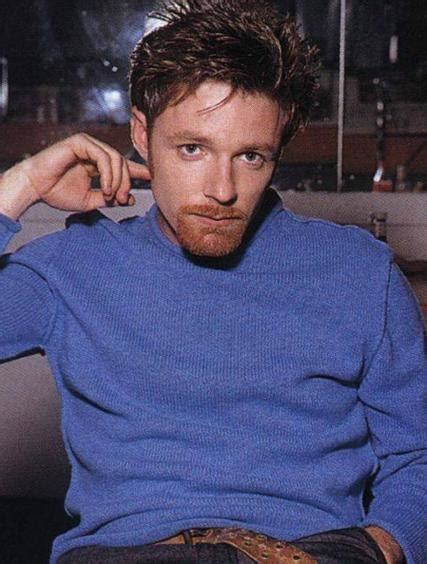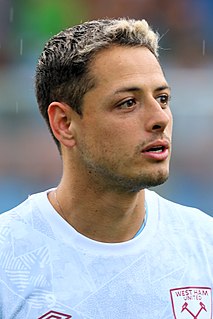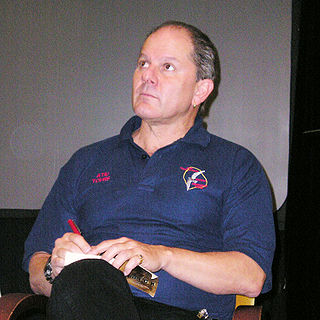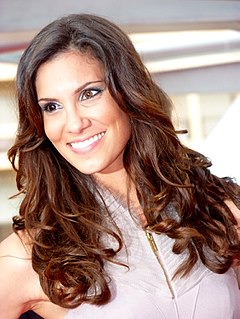A Quote by Colson Whitehead
When I'm working on a book, I try to do eight pages a week. That seems like a good amount. Less than that, I'm not getting a nice momentum, and more than that, I'm probably putting out too much crap.
Related Quotes
I might spend 100 pages trying to get to know the world I'm writing about: its contours, who are my main characters, what are their relationships to each other, and just trying to get a sense of what and who this book is about. Usually around that point of 100 pages, I start to feel like I'm lost, I have too much material, it's time to start making some choices. It's typically at that point that I sit down and try to make a formal outline and winnow out what's not working and what I'm most interested in, where the story seems to be going.
Gettting to know your characters is so much more important than plotting. Working out every detail of your story in advance, especially when you don't yet know your main characters, always seems a little too much like playing God. You're working out your characters' lives, their destiny, before they've had a chance to discover who they are and what kind of people they want to be.
Amazingly, much of the best cartoon work was done early on in the medium's history. The early cartoonists, with no path before them, produced work of such sophistication, wit, and beauty that it increasingly seems to me that cartoon evolution is working backward. Comic strips are moving toward a primordial goo rather than away from it . . . Not only can comics be more than we're getting today. but the comics already have been more than we're getting today.
The nice thing about a documentary, I think, is that so much of it is editing, too. You sort of get to keep making decisions. It's not as much like when you do a narrative, fictional piece, and you have a certain number of shooting days, and you're like, "Well, that's what it is." You can continue to seek out more photographs or try to find more footage. The genre gives you the ability to keep working on it, which is great for a first-time director.
Most people don't know this, but if you settle a debt for less than the amount you owed, you are potentially responsible for taxes on the forgiven debt. Look at it this way: You received goods and services for the full amount of debt, but you're only paying for a portion of it - sometimes less than 50%. Anything more than $600 is generally considered taxable, but the IRS will sometimes waive the tax if you can prove that your assets were less than your liabilities when the debt was settled.
It felt like an indulgence. Going back was painful, but, at the same time, it was nice to live with them again for a few pages. I got to live with my brother again for the entire book. Of course as I'm writing the book, I'm getting closer and closer to the end and I know what that means. I knew exactly where I was heading. It was really difficult, but it was nice to make them come alive for those scenes. It was good.
When I was fifteen I wrote seven hundred pages of an incredibly bad novel - it's a very funny book I still like a lot. Then, when I was nineteen I wrote a couple hundred pages of another novel, which wasn't very good either. I was still determined to be a writer. And since I was a writer, and here I was twenty-nine years old and I wasn't a very good poet and I wasn't a very good novelist, I thought I would try writing a play, which seems to have worked out a little better.
love is thicker than forget more thinner than recall more seldom than a wave is wet more frequent than to fail it is most mad and moonly and less it shall unbe than all the sea which only is deeper than the sea love is less always than to win less never than alive less bigger than the least begin less littler than forgive it is most sane and sunly and more it cannot die than all the sky which only is higher than the sky



